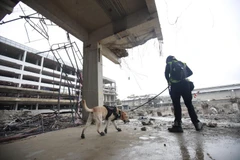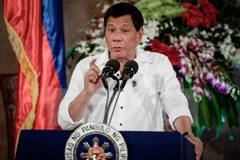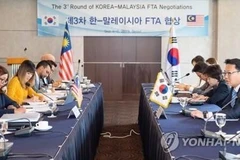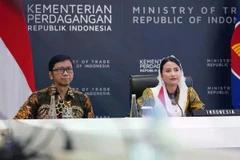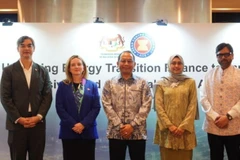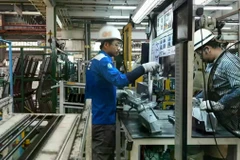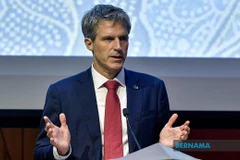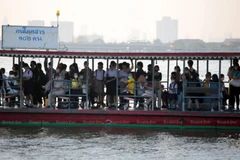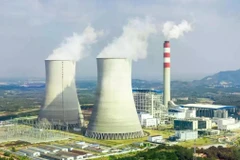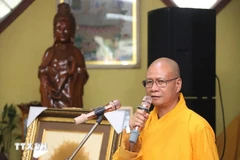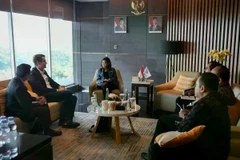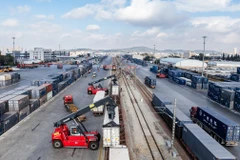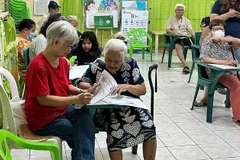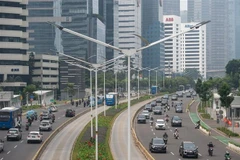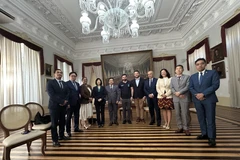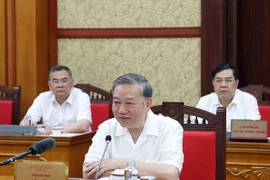The policies include an extension of the time periodfor deposits in foreign currencies from 7-14 days and a month to onemonth and 12 months.
The bank also eases the conditions forexporters to buy foreign currencies and issues BI certificate ofdeposit to help banking sector manage the rupiah’s liquidity.
Speaking at a press conference on August 23, BI Governor AgusMartowardojo said he hoped that the changes will help improve theefficiency of the Indonesian Government’s package to boost economicgrowth.
Introduced by President Susilo Bambang Yudhoyono onAugust 23, the package aims to improve the balance of payments andencourage foreign investment through raising import duties for severalluxury goods.
The government also encourages increased use ofbio-diesel for reducing the price of fuel, while changing the dutieslevel for industry sectors to promote export and mining in more fields.
According to Indonesia’s National Statistical Office(BPS), the country saw a deficit of 9.8 billion USD in current accountsin the second quarter of this year – the highest level since thefinancial crisis in Asia in 1997-1998. Its rupiah also depreciatedwith an exchange rate of 11,000 rupiah for one USD on August 22, thelowest since mid-2009.-VNA
